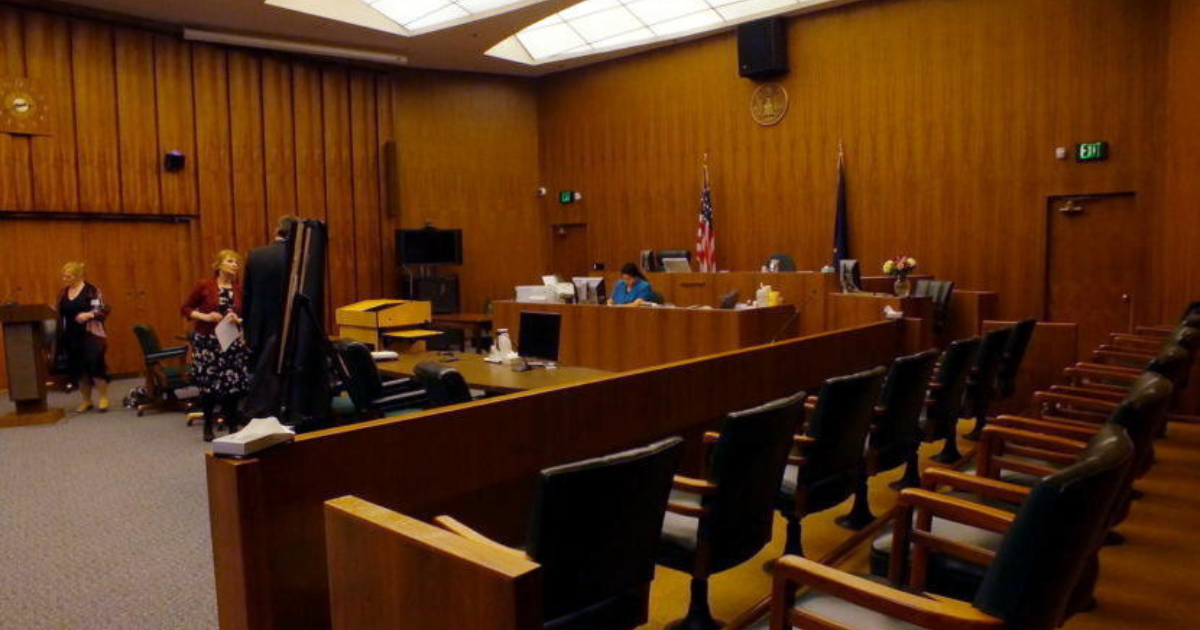A big legal issue looms for Nike after it closed its crypto division in December. On Friday, Australian resident Jagdeep Cheema proposed a class action lawsuit against the sportswear giant. Nike NFT buyers suddenly closed RTFKT, they lost significant finances. Nike’s first venture into digital collectibles and crypto assets was RTFKT, which is to be pronounced as “artifact.”
Key-Takeaways:
- RTFKT has been sued for $5 million by Nike for stopping its crypto business centered around NFTs.
- When Nike NFT closed the division suddenly in December 2024, buyers said their digital assets amounted to little, if any, value.
- Nike’s NFTs, the suit claims, were unregistered securities, and buyers would not have bought them had they known.
- Finally, this case could set some precedents for how NFTs will be classified and regulated by U.S. law.
NFT Values Collapsed Following Business Closure
 Last week, the lawsuit appeared in the Eastern District of New York court system. The Oregon-based company is being sued by plaintiffs for more than $5 million in damages. Nike is accused of violating consumer protection laws in New York, California, and other states in the lawsuit they file.
Last week, the lawsuit appeared in the Eastern District of New York court system. The Oregon-based company is being sued by plaintiffs for more than $5 million in damages. Nike is accused of violating consumer protection laws in New York, California, and other states in the lawsuit they file.
In December 2021, Nike picked up RTFKT as it seeks to get a piece of the digital asset pie. These tokens were marketed by the company as the innovation of a culture, of gaming, and of collectibles. The tokens were bought on high by many buying buyers who believe that these tokens have big value in the future.
The sudden shutdown announcement on December 2, 2024, shocked many NFT holders. However, the collapse of the Nike-themed digital assets has already undergone a lawsuit, according to which the market crashed overnight. Nike watched their investments lose vast value with no warning to buyers.
If the classification of NFTs is up for debate, then Nike NFT buyers may have purchased what they considered to be unregistered securities. But they say, had they known the truth, they would never have purchased these digital assets at such high prices.
Nike ‘pulled the rug,’ and the customers complained the company did that. Crypto projects that take a group’s money away and then evaporate are often called this. Nike has abandoned its buyers without a proper warning or compensation.
Larger Questions About Nike NFT Regulation
 It is added to a string of similar lawsuits asking for NFT regulation. Existing frameworks are not clear on how to define digital assets and the legal system is to this day struggling to define such assets. The outcome may determine how companies will deal with NFT projects in the future.
It is added to a string of similar lawsuits asking for NFT regulation. Existing frameworks are not clear on how to define digital assets and the legal system is to this day struggling to define such assets. The outcome may determine how companies will deal with NFT projects in the future.
Plaintiffs’ lawyer Phillip Kim would not comment on the ongoing case. Nike said they didn’t have anything to comment on the allegations when reporters approached them. It seems as though both sides are doing their paperwork for what may turn out to be crypto regulation’s landmark case.
Nike’s Response to the Shutdown
 Nike had greeted the end of RTFKT in positive terms. RTFKT said that its legacy would keep on living through the creators and projects that it inspired. But this didn’t give much comfort to those investors who lost money.
Nike had greeted the end of RTFKT in positive terms. RTFKT said that its legacy would keep on living through the creators and projects that it inspired. But this didn’t give much comfort to those investors who lost money.
It claims that Nike knew their statements would mislead buyers. They say that the company should have clearly warned about risks. They also expect Nike to relieve them of their issues flowing from digital assets by making such recovery available.
This has become a lawsuit that marks the growing pains in the developing NFT marketplace. Companies that move into the space are being watched more carefully on how they sell digital assets. There is greater demand by consumers to know what they are buying and associated risks.
If this goes forward, this case will set precedents for the industry. When it comes to NFT collections, the exit strategy needs to be clearer for companies. They may also be subject to the more stringent requirement about how they classify and offer digital tokens.
Conclusion: Nike NFT
By state, the court may have to decide whether Nike misled its customers regarding the nature of these assets. If that is successful, it could take down other collectibles companies as well in the digital space. For Nike, reputation was built on physical products the customer could touch and wear. Now, they have to fight in that intangible world of digital ownership.











